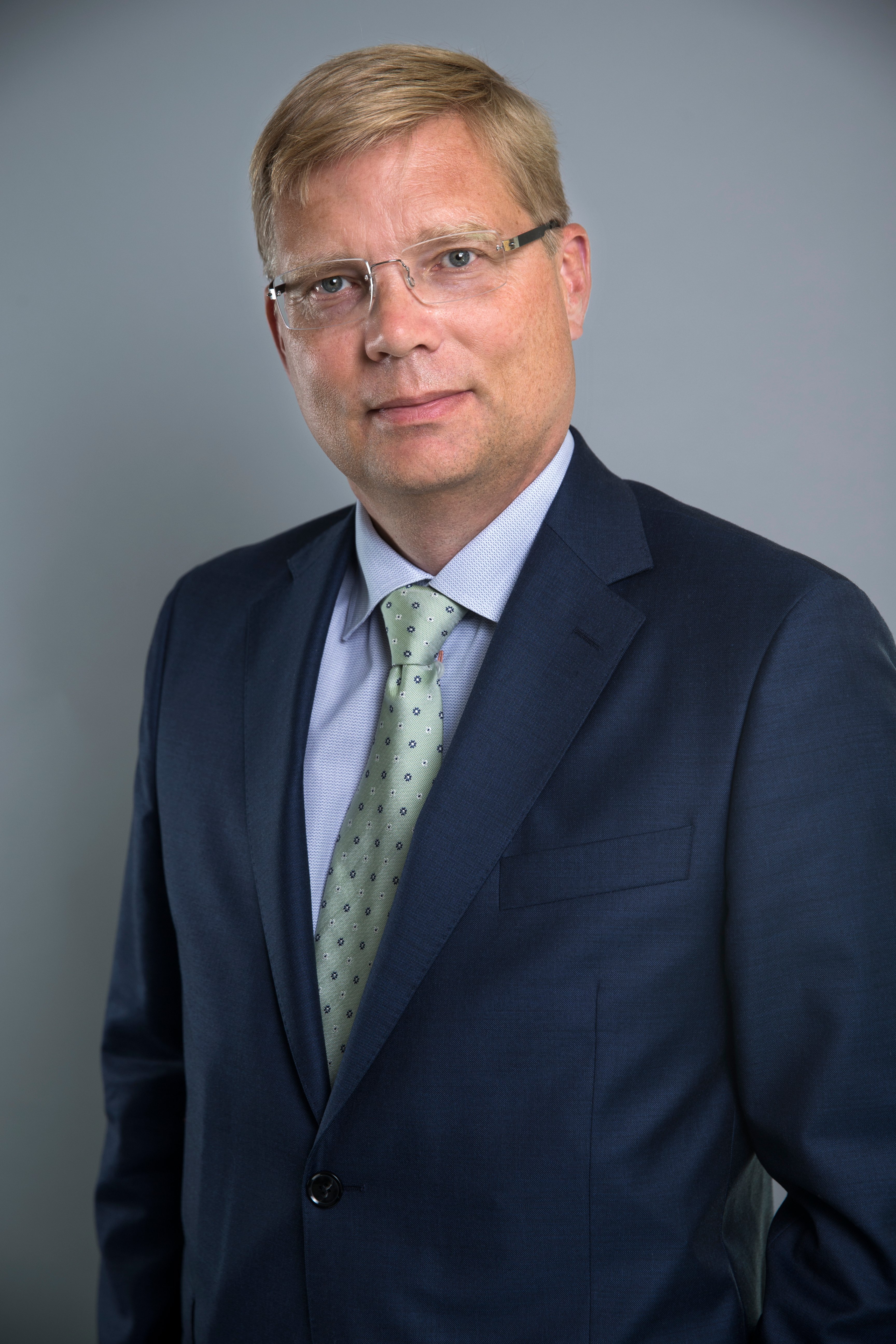 GRAPEVINE: REMEMBERING BERNADOTTE
GRAPEVINE: REMEMBERING BERNADOTTE
GREER FAY CASHMAN
The Swedish government refused to believe that Bernadotte had been the victim of a terrorist attack and blamed the Israel government.
 Ambassadör Magnus Hellgren / Foto: Kristian Pohl, Regeringskansliet
Ambassadör Magnus Hellgren / Foto: Kristian Pohl, Regeringskansliet
Swedish Ambassador Magnus Hellgren will next week host a memorial evening for Count Folke Bernadotte, who, as vice chairman of the Swedish Red Cross during the Second World War, successfully negotiated the release of several thousand prisoners from Nazi concentration camps and secured their transport on what history has recorded as the White Buses.
As noble a mission as the White Buses had been, the effort was surrounded by much controversy, including a debate among historians as to whether Bernadotte had initially refused to rescue Jews and had given priority only to Scandinavians. Some historians say that he was pressured by the Danes to organize the release of Danish Jews from Theresienstadt, but others say that at no time did he discriminate against Jewish prisoners. Many eyewitnesses, including the World Jewish Congress representative in Stockholm, testified on his behalf.
On May 20, 1948, less than a week after David Ben-Gurion proclaimed the creation of the State of Israel, Bernadotte, who was a grandson of King Oscar II of Sweden, was appointed United Nations mediator in Palestine. He was the first official UN mediator. A comprehensive plan that he proposed included the whole or part of the Negev as Arab territory, the whole or part of the Western Galilee as Jewish territory, and Jerusalem as Arab territory with municipal autonomy for the Jewish community, coupled with guarantees of protection for all the holy places.
This did not sit well with the leadership of the newly established state, and demonstrated that Bernadotte had not properly studied the history and traditions of the region, especially with regard to Jerusalem. The proposal was rejected, and Bernadotte came up with an alternative, placing Jerusalem, which was a problematic area, under UN control, with separate community autonomy for its Arab and Jewish residents.
Zawartość publikowanych artykułów i materiałów nie reprezentuje poglądów ani opinii Reunion’68,
ani też webmastera Blogu Reunion’68, chyba ze jest to wyraźnie zaznaczone.
Twoje uwagi, linki, własne artykuły lub wiadomości prześlij na adres:
webmaster@reunion68.com
